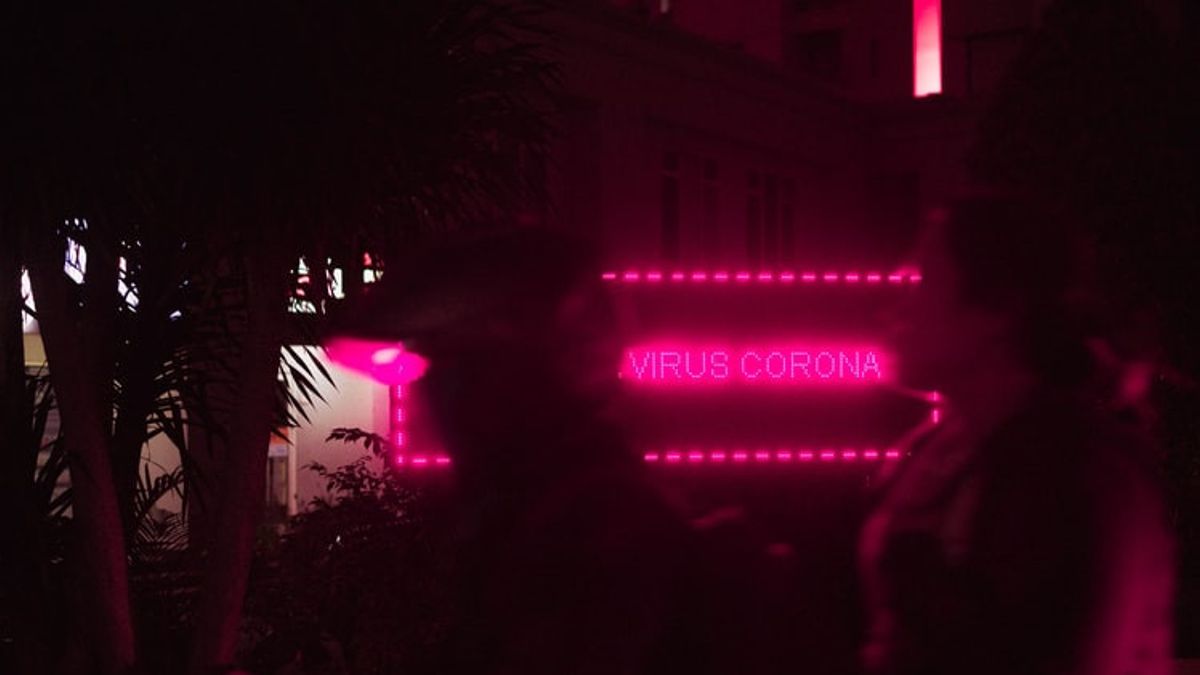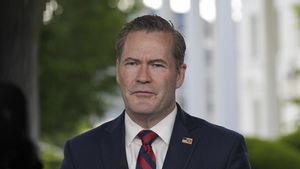JAKARTA - Not all countries have imposed a lockdown. There are many things to consider. Instead of a lockdown, some countries have implemented other policies such as quarantine. For Bolivia, apart from quarantine, the country has also imposed a curfew, which prostitutes protested against.
The curfew imposed by Bolivia's interim President to suppress the spread of COVID-19 has faced opposition. The opposition comes from sex workers, whose work is done at night and now they face a serious problem, namely economic hardship.
A sex worker who gave her name as Grisel said she usually cared for her three children during the day and worked at night. Like many Bolivian sex workers, he is part of a sex worker collective. Prostitution is legal in the country, although it has not received much attention.
"After all, we are not making a lot of money. I work for what I need, but I also try to be careful," Grisel was quoted as saying by Reuters, Tuesday, March 24.
Lily Cortes, a representative of the Bolivian sex workers' union, said that if the legal entities that house them cannot function.
"Unfortunately sex workers going to work on the streets will generate worse incomes," Cortes said.
"We are also part of Bolivian society. We are sex workers, a woman, aunts and grandmothers who also have to worry about our working hours," added Cortes.
In the neighborhood of El Alto, a poor area of La Paz, more than 50 licensed companies were forced to close after the Bolivian government imposed a curfew. A curfew is in place from 5 p.m. to 5 a.m. On Sunday 22 March, Bolivia entered 14 days from the first day of multi-office closure.
Bolivia is one of the poorest countries in America. In the country there are 24 confirmed cases of COVID-19 and no deaths. This was conveyed directly by the Bolivian Ministry of Health.
The Bolivian Electoral Court also announced that it would postpone the electoral elections indefinitely. The move dragged Bolivia into a new problem, namely a political crisis, considering that Bolivia now has no president since Evo Morales resigned in November 2019 and left the country.
Evo Morales controversially won the election, but resigned three weeks later under pressure from violent protests. Meanwhile, Bolivia's interim president Jeanine Anez said the national quarantine was imposed on Sunday 22 March 2020.
"This is a difficult decision but necessary for the good of everyone. We have to be at home 24 hours a day. This is the way to beat COVID-19," said Anez.
Only one person per family is allowed to go out to buy food. In addition, all vehicles will be prohibited from use except for those carrying logistical supplies.
The English, Chinese, Japanese, Arabic, and French versions are automatically generated by the AI. So there may still be inaccuracies in translating, please always see Indonesian as our main language. (system supported by DigitalSiber.id)








